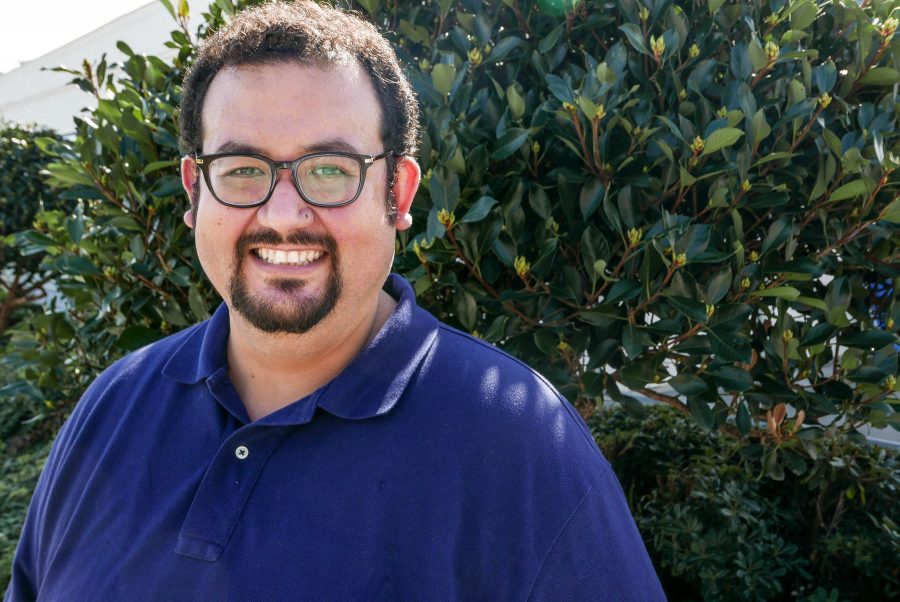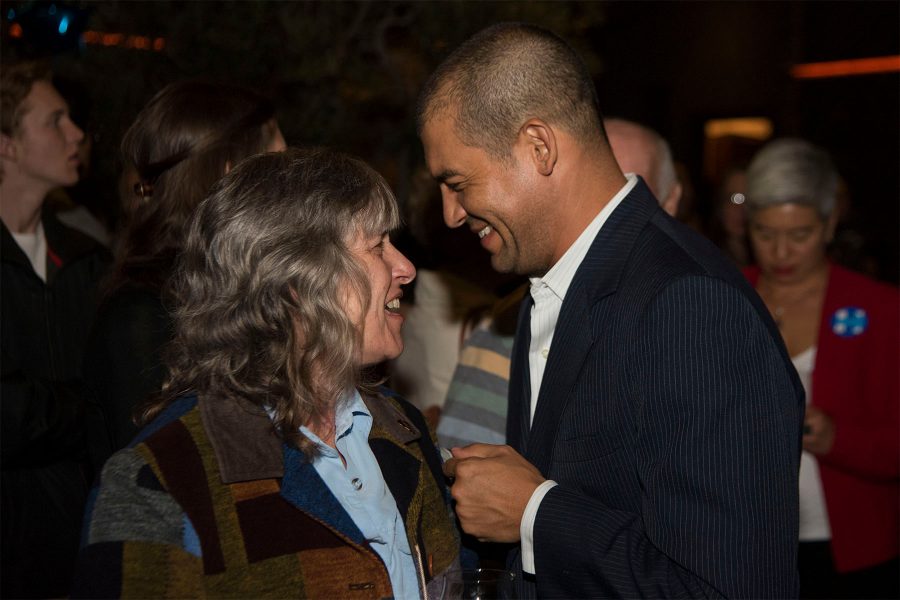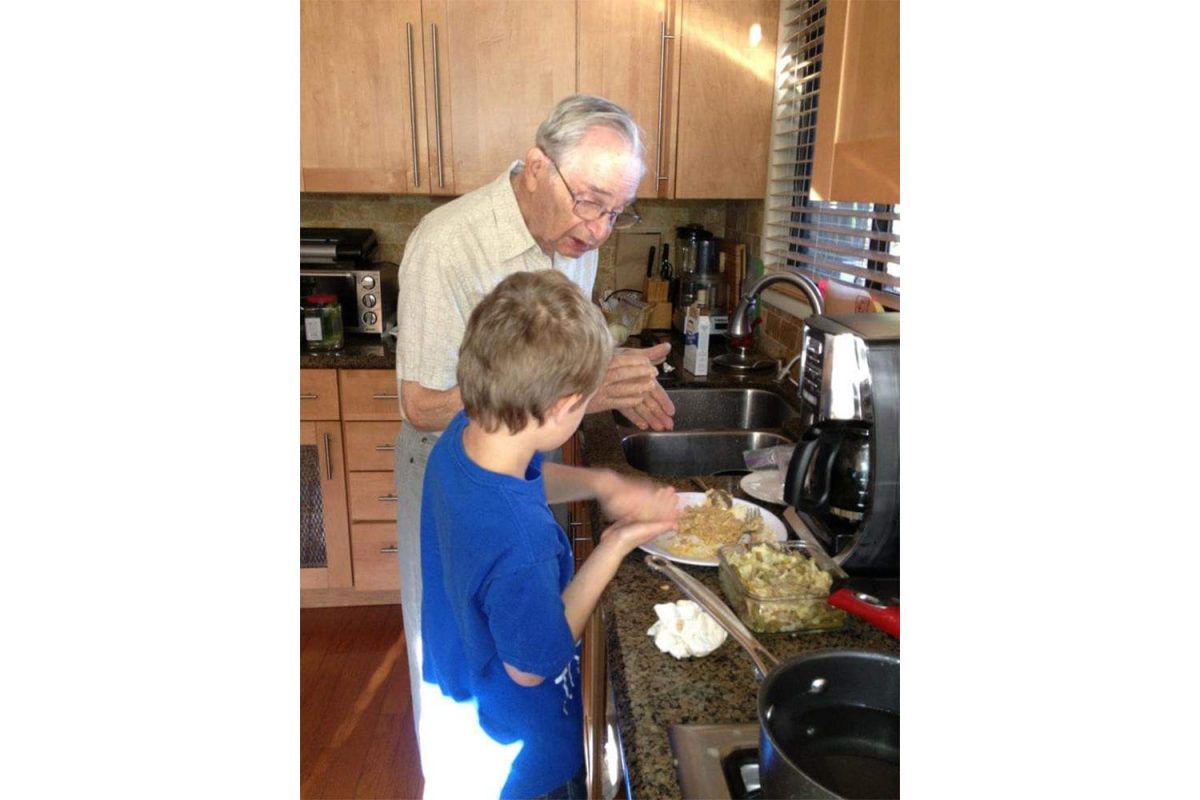The United States as a society tends to treat physical and mental illnesses very differently, even though they are both just as real and just as serious.
Many people are skeptical of psychological impairments and sometimes they even act out on their prejudice, which in turn hinders the lives of those who deal with these disabilities every day. Most mental illnesses are “invisible illnesses,” meaning they are internal and can’t be seen by the naked eye. Most of the time if people can’t see something, they don’t believe it exists. Because of this, people’s legitimate illnesses aren’t being validated by society; therefore creating a presence of shame and fear that often prevents those with these illnesses from getting help.
The National Alliance on Mental Illness (NAMI) calculates that over 90 percent of people who die by suicide have been diagnosed with a mental illness. This is not okay.
Imagine getting in a car accident and fracturing your foot in seven places. Amidst the pain of the injury, you lie in bed thinking about how you’re going to get through the semester successfully. Surely your friends and family will be empathetic and willing to lend a helping hand. You could carpool with one of your roommates, and your friends could carry your books for you while you hobble to your classes.
Maybe your mom could even drive down to drop off the old wheelchair that your brother used when he hurt his back playing football. After all, you had no control over this. You didn’t choose to get t-boned by a drunk driver on your way home from work. They’ll understand… But what if they didn’t? What if they told you that the pain was all in your head? What if they told you to stand up and walk?
Obviously, no one would ever do that because people understand that you wouldn’t be able to walk, as your foot would be physically incapable of functioning properly. People would expect you to ask for help, and they’d rush to your aid.
So why do people run the other way when they discover that someone is suffering from a mental illness? Just like your foot, that person’s brain is physically incapable of performing certain functions. They didn’t choose to be that way. So what’s the difference? The idea of stigma is “a mark of disgrace that sets a person apart” and according to the mental illness, places them in a particular stereotyped group.
According to NAMI, about 18.6 percent of the U.S. adult population suffers from a mental illness. That means that one out of every five people you know are suffering from something, whether it be a General Anxiety Disorder (GAD), Attention Deficit Hyperactivity Disorder (ADHD), or Major Depressive Disorder (MDD), to name a few.
While the stigma of mental illness is definitely an issue that needs to be addressed on a national scale, it’s also something that needs to be addressed on a local scale. Your fellow classmates are dealing with this here in Santa Barbara.
Last year at City College, 3,144 students registered with the Disabled Student Programs and Services (DSPS) department, which is 12 percent of the school’s credit population. Of those students, 15.5 percent of them had some form of psychological impairment.
“Because there’s stigma in the world, people don’t just come in here and make up stories,” said Jana Garnett, the director of DSPS. “People don’t want to be treated differently. People don’t really want to have accommodations. When people are coming in, they need the services. It requires a great deal of commitment, dedication, and humility.”
Maybe you are someone who has been diagnosed with a psychological impairment. Know that you are not less than, you are enough. You are strong and you are worthy of love and everything this world has to offer.
Maybe you do not have a disability, but are aware that someone significant in your life has a mental illness. Heck, maybe you’re completely oblivious and just feel as though something about them is “off.” The point is that if you see that “invisible illness,” be kind. They are just as human and as wonderfully flawed as you are.
Don’t judge. Don’t label. Don’t pity. Be compassionate and empathetic. It’s as simple as that.











